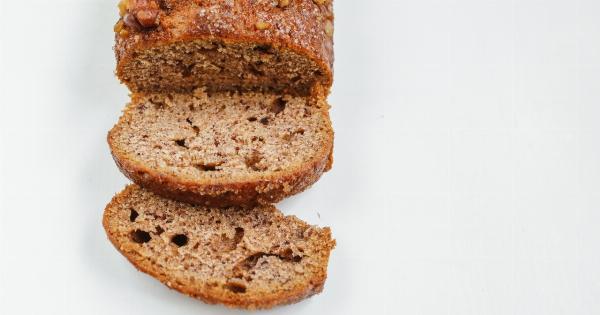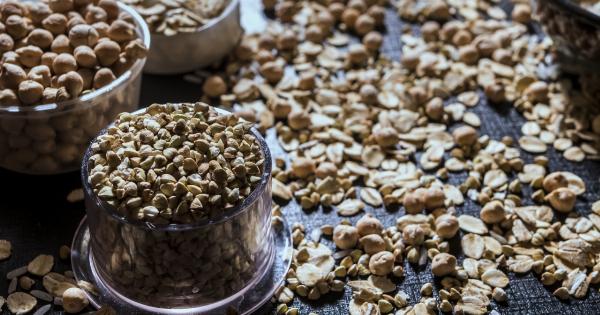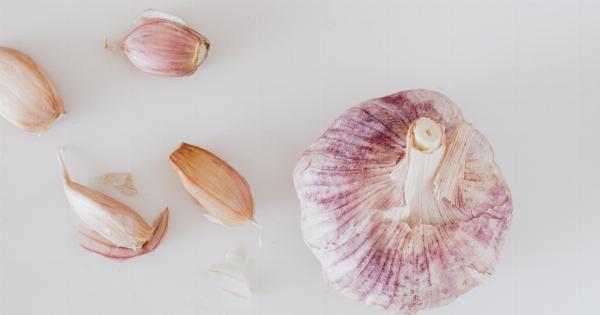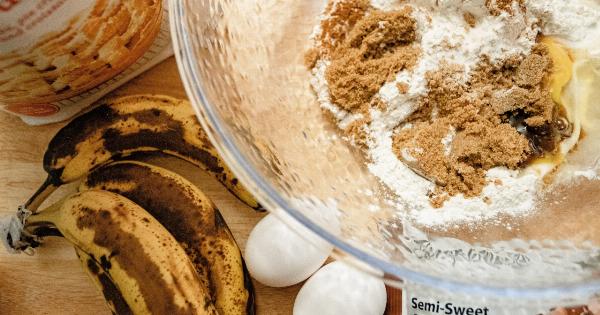One of the most common discomforts many people experience after eating is bloating. Bloating occurs when the abdominal area feels swollen or full, making you feel uncomfortable and sometimes even in pain.
While there can be various causes of bloating, including medical conditions and digestive issues, certain fruits are known to contribute to this unpleasant sensation. In this article, we will explore and discuss ten fruits that have the potential to make you bloated.
1. Apples
Although apples are highly nutritious and a great source of fiber, they can sometimes lead to bloating. This is because apples contain a type of sugar called fructose, which can be difficult for some people to digest.
Additionally, apples are also rich in fiber, specifically insoluble fiber, which can create gas and bloating if consumed in large quantities.
2. Mangoes
Mangoes, known for their delicious taste and vibrant colors, can also contribute to bloating in certain individuals. Mangoes contain a significant amount of fructose, and the enzyme required to fully digest this sugar may be lacking in some people.
As a result, the undigested fructose can ferment in the gut, leading to bloating and discomfort.
3. Watermelons
Watermelons are among the most hydrating fruits and are a popular choice during summer. Despite their refreshing nature, watermelons can cause bloating in some individuals.
The reason behind this is their high water content, which can dilute digestive juices and slow down the digestion process, leading to a feeling of fullness and bloating.
4. Pears
Pears are another fruit that contains significant amounts of fructose. As mentioned earlier, fructose can be difficult to digest for some individuals, contributing to bloating and other digestive discomforts.
It is worth noting that the fructose content varies among different pear varieties, so individuals with fructose intolerance may react differently to various types of pears.
5. Apricots
Apricots are a tasty fruit that can be enjoyed fresh or dried. However, they can also cause bloating due to their high sorbitol content.
Sorbitol is a naturally occurring sugar alcohol that may not be well absorbed by certain individuals, leading to gastrointestinal symptoms such as bloating, gas, and even diarrhea.
6. Bananas
While bananas are a great source of essential nutrients and provide energy, they can also contribute to bloating. Bananas contain high amounts of resistant starch, a type of starch that resists digestion in the small intestine.
As a result, it reaches the large intestine where it is fermented by gut bacteria, producing gas and potentially causing bloating.
7. Prunes
Prunes, often consumed as a natural remedy for constipation, can ironically lead to bloating in some individuals. This is due to their high sorbitol content, similar to apricots.
Sorbitol can have a laxative effect but can also cause gas and bloating, especially when consumed in excess.
8. Pineapples
Pineapples are a tropical fruit known for their sweet and tangy flavor. However, they are also rich in a natural enzyme called bromelain, which can promote digestion and potentially cause bloating.
While bromelain offers various health benefits, individuals with sensitive digestive systems may experience bloating or discomfort when consuming pineapples.
9. Plums
Plums, like many other stone fruits, contain sorbitol, making them a potential culprit for bloating. The sorbitol content can vary among plum varieties, so some individuals may experience more bloating from certain types of plums compared to others.
Additionally, plums also contain fermentable fibers, which can contribute to gas and bloating in susceptible individuals.
10. Cherries
Cherries are delicious and nutritious fruits that contain a sugar alcohol called polyols. Polyols, including sorbitol, can have laxative effects and contribute to bloating in some individuals.
Those with a sensitivity to polyols may experience gas and bloating after consuming cherries, particularly in large quantities.
It is important to note that the effects of these fruits on bloating can vary from person to person. While some individuals may experience bloating after consuming them, others may not have any issues at all.
It depends on an individual’s digestive system, tolerance to specific sugars or fibers, and overall gut health.
If you frequently experience bloating after consuming these fruits or any other particular food, it is advised to keep a food diary and consult with a healthcare professional or registered dietitian.
They can help identify any underlying cause and provide personalized advice to manage your symptoms.






























